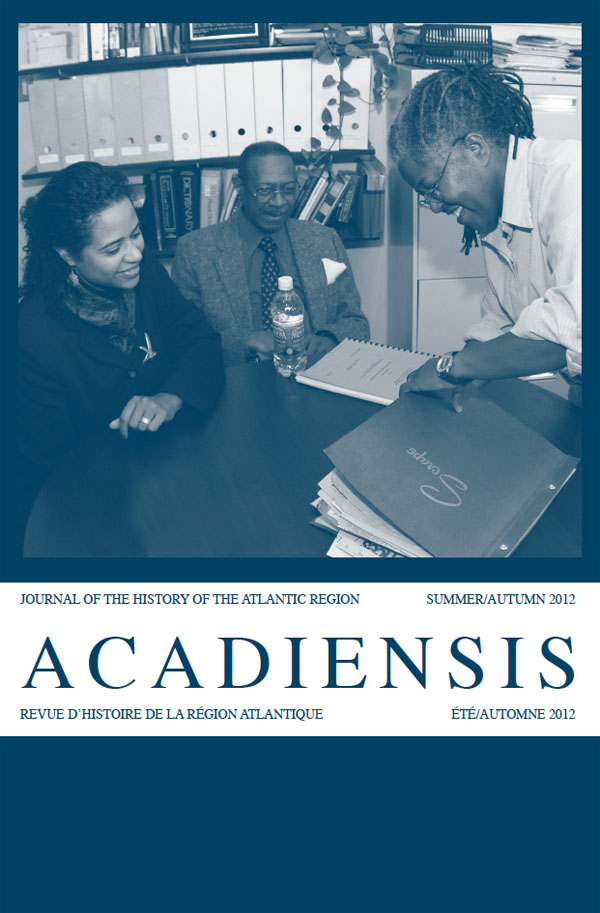Abstract
Sociologists attribute the Acadian collective awakening to the period 1860-1880. Yet, despite the marginalization of Acadians and their lack of organization, the law appears to have recognized them as a community many years before the 1860s. In particular, provincial legislation allowed their exclusion from a uniform “poor rate” regime to let them care for their poor, a publicly financed lazaretto was dedicated to their medical treatment, and the legislature provided to some Acadians in southeastern New Brunswick their own fiscal regime to assist the poor. This article explores the recognition of Acadians’ communal aspirations by the law.Copyright for articles published in this journal is retained by the author(s), with Acadiensis being granted a non-exclusive licence to each and every right in the work throughout the world. After publication of the work, the author(s) shall have the right to self-archive the work and to reprint the work in whole or in part in books authored by or edited by the author(s) without the payment of any fee. In these other formats, however, the author or authors are required to acknowledge the original publication of the work in the pages of the journal. In the case of any requests to reprint the work, Acadiensis will require a standard permission fee -- to be divided equally between the journal and the author. In the event that such requests are received by the author(s), the author(s) shall direct such requests to the journal.

